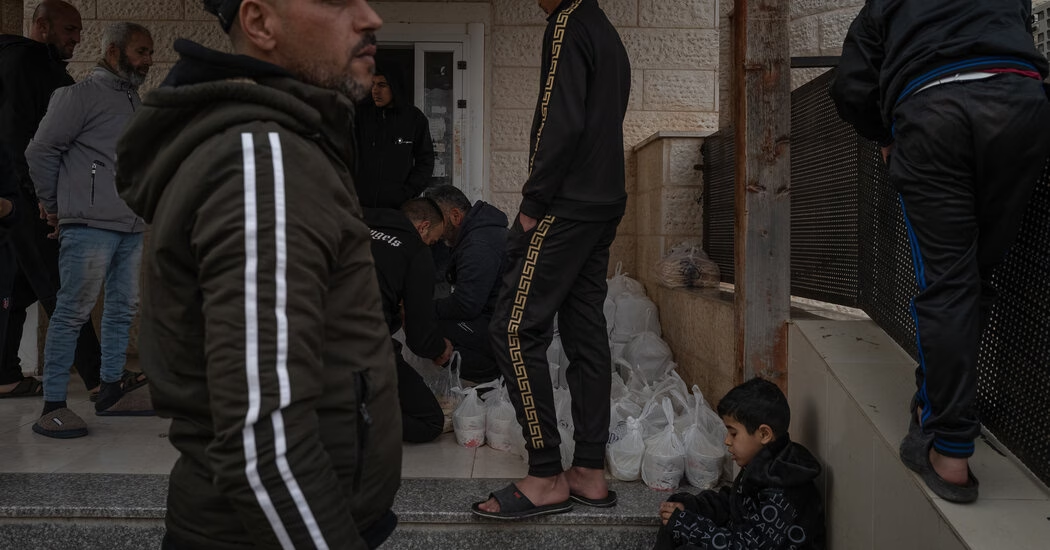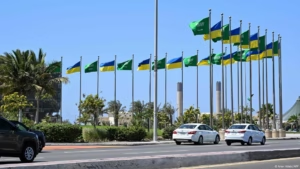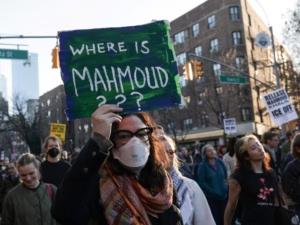The bustle of Ramadan markets has been reduced to a somber trickle of shoppers. A heavy silence replaces lively chatter, with no lanterns glowing in windows and darkened alleyways lacking their usual strings of lights. For Palestinians in the West Bank, this holy month has become a time of grief and uncertainty.
Israeli military operations in January led to the displacement of 40,000 Palestinians, marking the largest civilian displacement in the West Bank since the 1967 Arab-Israeli war. Jenin witnessed Israeli tanks for the first time in decades, as military posts were established. Nearly 50 Palestinians have been killed since the incursion, according to officials.
Before the Israeli operation, the Palestinian Authority had conducted an extensive security operation in Jenin, a haven for Iran-backed armed fighters from Hamas and Palestinian Islamic Jihad. Iran was also reported to be operating a clandestine smuggling route to deliver weapons to Palestinians in the West Bank. As the conflict continues, nearly 3,000 Palestinians remain displaced.
Families have been torn apart, with some unable to reunite for the traditional Ramadan gatherings. Street vendors in Jenin market stand by with traditional Ramadan dishes and drinks, but the excitement of shoppers has been replaced by a quiet atmosphere of exhaustion and worry.
Traditional Ramadan practices, such as the night caller’s drumming to awaken people for suhoor, the predawn meal before fasting, have ceased in many areas. The presence of the Israeli military disrupts daily life, with many displaced Palestinians uncertain about their future.
Families long not just for safety, but also for the sights, sounds, and tastes that make Ramadan a time of joy and reflection. The traditional meal structure of Ramadan, including breaking the fast with water and dates and following with soup, salad, and a main course, has become a privilege that few displaced Palestinians can afford. Donated boxed meals are the norm, often arriving cold.
Displaced Palestinians make efforts to create a sense of home with the little they have, but traditional celebrations and gatherings of Ramadan have been greatly diminished. The hope for renewal brought by Ramadan is overshadowed by the uncertainty of the ongoing conflict.
Source: https://www.nytimes.com/2025/03/11/world/middleeast/ramadan-west-bank-palestinians.html





